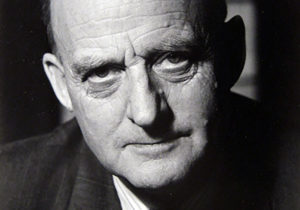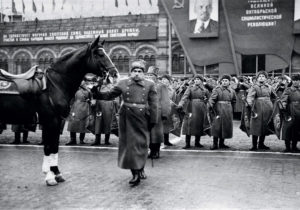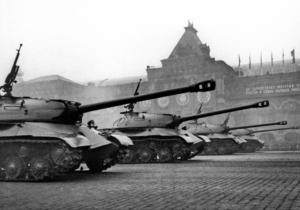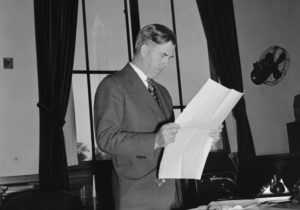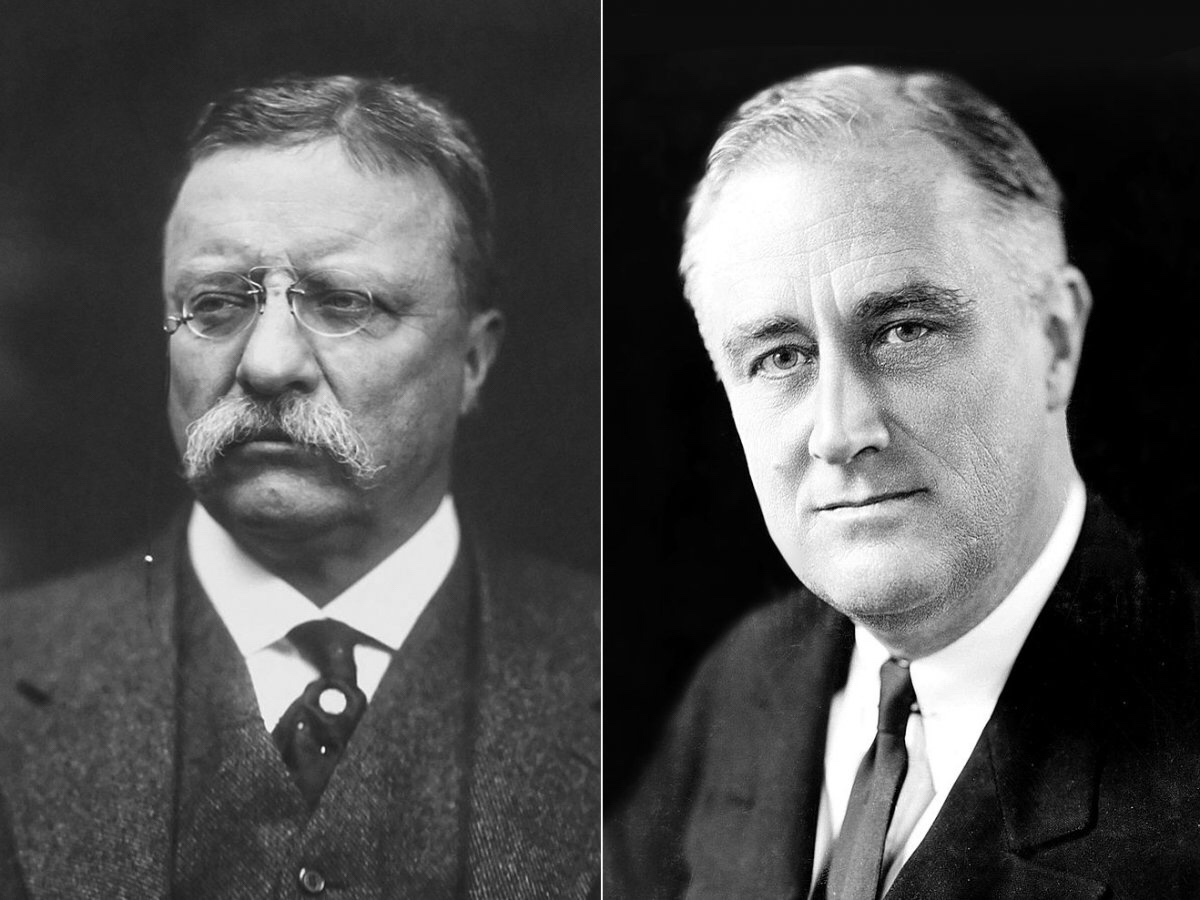Five Impressions on Niebuhr and Co., 1945–47
From 1945 to 1947 as the United States and Soviet Union moved toward the Cold War, Christian realists writing for Reinhold Niebuhr’s journal, Christianity and Crisis, responded to global dilemmas. Here are five impressions of those articles, along with lessons for today.
Mark MeltonJune 10, 2022
Firmness or Conciliation for Russia: Reinhold Niebuhr in 1947
We are told that a policy of firmness must inevitably lead to war, while conciliation could guarantee peace. In the Nazi days this was called appeasement.
Christianity & Crisis Magazine & Reinhold Niebuhr & Mark MeltonMarch 1, 2022
Look to Ebenezer: Historical Hope as Advent Ends and Christmas Begins
This remembrance helps develop a confident, enduring Christian hope that is more than wishful thinking and leads to real-world action.
Mark MeltonDecember 23, 2021
Countering the Russian-Communist Drive for Power in 1946
“The resistance to Russian expansion in Europe is right. The spectacle of American progressives supporting Wallace in opposing that resistance brings dismay to most European democrats.”
Christianity & Crisis Magazine & John C. Bennett & Mark MeltonNovember 12, 2021
Reinhold Niebuhr vs. Henry Wallace
Keynoting a “Beat Dewey” rally at Madison Square Garden on September 12, 1946, Secretary of Commerce Henry Wallace warned Americans against the Truman administration’s “get tough with Russia” policy. Reinhold Niebuhr responded.
Christianity & Crisis Magazine & Reinhold Niebuhr & Mark MeltonNovember 3, 2021
Part 1: Protestant Roots of US Foreign Policy Divisions
The foreign policies of Teddy Roosevelt and his distant cousin Franklin D. Roosevelt represent an intersection between two different Protestant worldviews.
Mark TooleyApril 16, 2018
